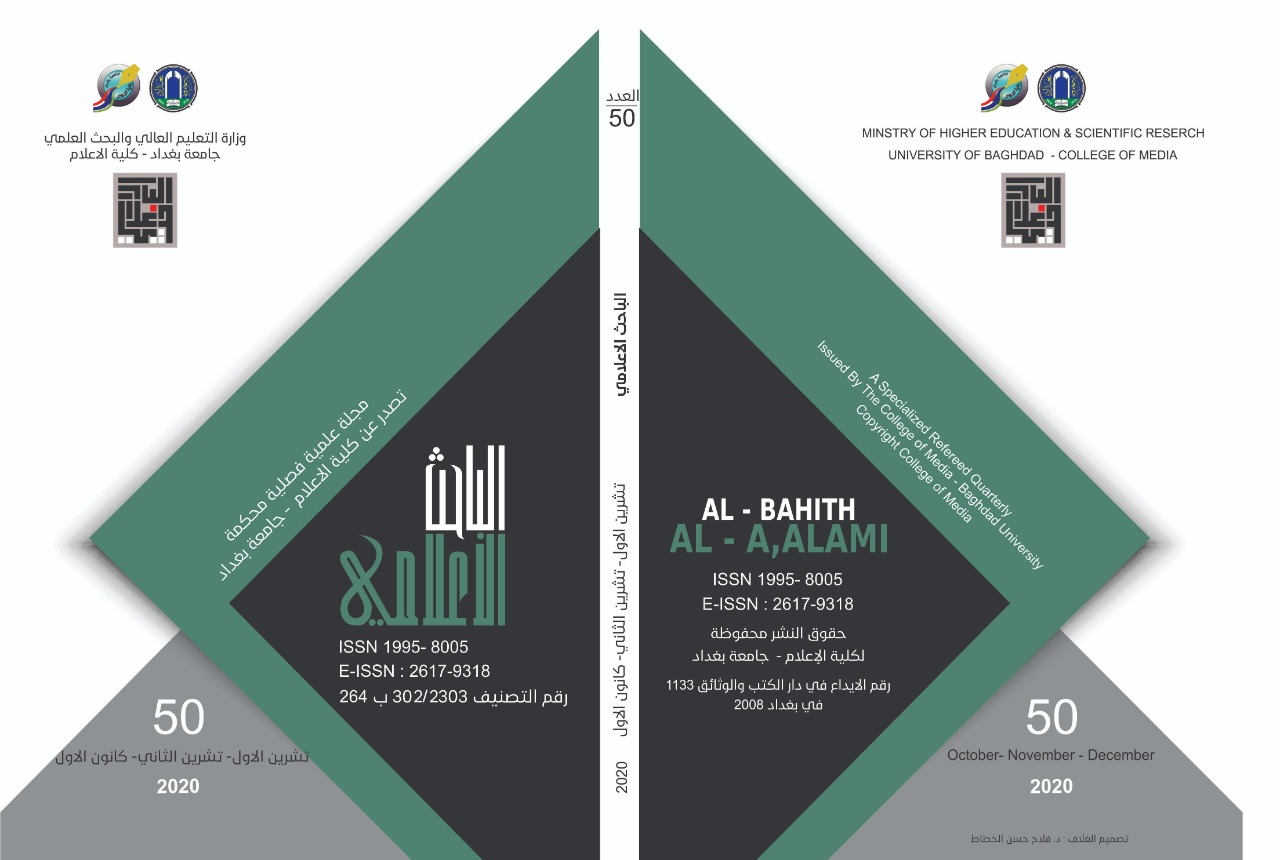Qualitative Researches: Curriculum Integrity and Product Richness
DOI:
https://doi.org/10.33282/abaa.v12i50.708Keywords:
Curriculum - Integration - QualityAbstract
These researches have shown the magnitude of the influence that culture exerts on all human extensions and spaces. Rather, the conviction of many thinkers, researchers and specialists in the comprehensiveness of this influence is such that it is used as a starting point and perspective to explain the various aspects, manifestations, problems and practices. According to these perceptions, a man carries a cultural mind that is slowly formed throughout the young years of a man’s life and is completed upon reaching the age of maturity. Therefore, it has become evident in the behavioral, social and human sciences to acknowledge the multiplicity of human thought patterns as a natural result of the different cultures of peoples and societies. From here comes the broad academic recognition of the relationship of personality structure to the historical and social pattern of culture. Based on these data and perceptions, it is difficult to understand the relationships of people and the behavior of individuals unless we analyze those relationships and behavior within the framework of the values and cognitive concepts prevailing in society. Here, qualitative researches leave their mark and become more important to explore many social scenes, behavioral practices and societal phenomena
Downloads
References
حسين غلوم، المترجمون( الكويت: سلسلة عالم المعرفة.
-2 عبد الباسط عبد المعطي. ) 1981 (. اتجاهات نظرية في علم الاجتماع. الكويت:
سلسلة عالم المعرفة.
References
1- A Abdul Basit Abdel Muti. (1981). Theoretical Directions
in Sociology. Kuwait: The World of Knowledge Series.
2- Ian Craib. (1999). Social Theory from Parsons to Habermas.
(Muhammad Hussein Ghuloom, translators) Kuwait:
The World of Knowledge Series.
3- cademic Writer. ( 2019). Publication Manual. Amerecan:
Available in multiple formats.
4- sit, w. (2005). abaa. Retrieved from AL-Bahith: http://
abaa.uobaghdad.edu.iq
Downloads
Key Dates
Published
Issue
Section
License
Copyright (c) 2020 Author

This work is licensed under a Creative Commons Attribution 4.0 International License.
Authors retain copyright and grant the journal right of first publication with the work simultaneously licensed under a Creative Commons Attribution License (CC BY 4.0) that allows sharing the work with recognition of authorship and initial publication in ABBA journal.


















